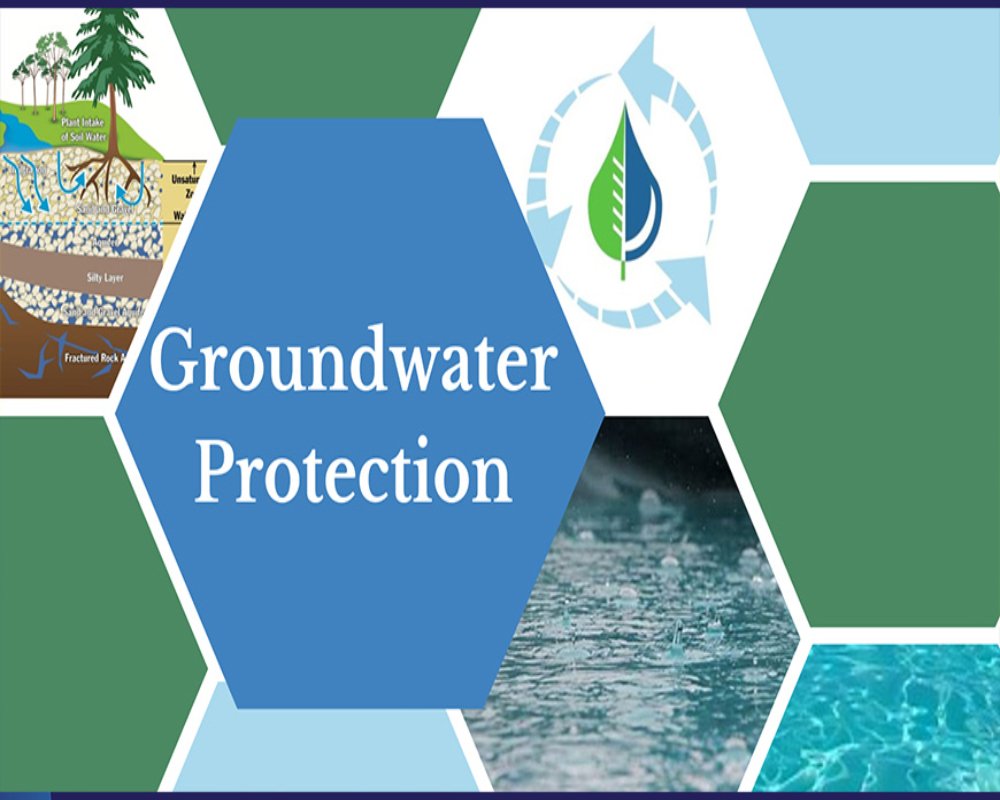Introduction
Groundwater is a vital natural resource that supports drinking water supply, agricultural irrigation, and industrial operations. In many regions, it serves as the primary source of water for factories, especially in areas lacking robust municipal water infrastructure. However, industrial activities—if not properly managed—can pose serious threats to groundwater quality through contamination, over-extraction, and improper waste disposal. Protecting groundwater in and around factory premises is therefore a key aspect of sustainable industrial development, environmental compliance, and corporate social responsibility.
Factories are increasingly expected to adopt rigorous groundwater protection measures not only to meet legal requirements but also to preserve local water security, safeguard public health, and maintain trust with surrounding communities. These measures encompass pollution prevention, water conservation, monitoring, infrastructure design, and legal compliance.
Pollution Prevention and Waste Management
One of the most critical steps in groundwater protection is preventing the contamination of soil and subsoil layers that may serve as conduits for pollutants to reach aquifers. Factories must ensure that all hazardous substances, chemicals, oils, and effluents are securely stored in leak-proof containers and handled in designated, impermeable areas with proper containment systems.
Effluent Treatment Plants (ETPs) are essential for treating liquid waste before discharge. Treated water should either be reused in industrial processes or released only if it meets prescribed standards under local pollution control norms. Industries with high chemical usage must implement zero liquid discharge (ZLD) systems where feasible, ensuring that no untreated water is released into the ground.
Construction of Safe Storage Infrastructure
Storage tanks and chemical drums should be installed with secondary containment structures such as bunds or dikes to contain leaks or spills. Underground storage tanks (USTs), if used, must be constructed with corrosion-resistant materials, leak detection systems, and periodic inspection protocols. Drainage networks should be clearly separated—stormwater drains should not mix with industrial effluents, and surface runoff should be directed away from potential contamination zones.
For factories handling hazardous materials, it is crucial to prepare and maintain spill response plans, emergency protocols, and employee training programs to deal with accidental releases that could threaten groundwater reserves.
Monitoring and Testing of Groundwater Quality
Regular groundwater quality monitoring is a vital preventive measure. Factories should install observation wells in strategic locations across their premises to collect groundwater samples at regular intervals. These samples should be tested for pH, total dissolved solids (TDS), heavy metals, biological contaminants, and chemical indicators of pollution.
Monitoring results should be recorded, analyzed for trends, and shared with regulatory bodies as part of environmental compliance reporting. Sudden deviations from baseline groundwater quality levels can signal a leak or contamination issue, prompting immediate corrective action.
Advanced monitoring may also include real-time sensors, Geographic Information System (GIS) mapping of aquifers, and predictive modeling to assess long-term impacts of factory operations on local groundwater resources.
Rainwater Harvesting and Aquifer Recharge
To reduce dependence on groundwater and contribute to its replenishment, factories are encouraged to implement rainwater harvesting systems. These systems capture rooftop and surface runoff, filter it, and either store it for non-potable use or channel it into recharge pits or injection wells to replenish underground aquifers.
Rainwater harvesting not only reduces water procurement costs but also plays a direct role in restoring the groundwater balance, especially in water-stressed regions. When combined with reduced extraction, it forms the foundation of a responsible water stewardship strategy.
Regulatory Compliance and Audits
Factories must comply with local and national laws governing groundwater use, such as obtaining permissions or NOCs from groundwater regulatory authorities before drilling or extracting water. In India, for instance, approvals from the Central Ground Water Authority (CGWA) are required for industries operating in notified areas.
Environmental audits and compliance inspections ensure that groundwater protection measures are actively implemented and maintained. Failing to comply can result in penalties, license revocation, and restrictions on water usage.
Employee Training and Community Engagement
Groundwater protection also depends on the awareness and involvement of factory employees and neighboring communities. Training programs should be conducted to educate staff on best practices for water use, spill prevention, emergency response, and environmental reporting.
Engaging with local stakeholders through water-sharing initiatives, awareness drives, and collaborative recharge projects helps build goodwill and ensures that industrial groundwater usage does not come at the cost of community water security.
Conclusion
Groundwater protection in factories is an essential component of environmentally responsible industrial management. Through pollution prevention, safe storage, monitoring, aquifer recharge, and regulatory compliance, industries can safeguard this critical resource for current and future generations. As environmental risks and water scarcity concerns intensify, factories that proactively protect groundwater will not only meet legal obligations but also gain strategic advantages in resilience, cost efficiency, and public trust. A comprehensive and consistent approach to groundwater stewardship is no longer optional—it is a cornerstone of sustainable industrial operations.
Hashtags
#GroundwaterProtection #FactorySafety #SustainableManufacturing #WaterConservation #EcoFriendlyPractices #PollutionPrevention #IndustrialWasteManagement #CleanWaterInitiatives #EnvironmentalResponsibility #WaterQuality #SustainableIndustry #GreenManufacturing #WaterProtection #FactoryCompliance #ResourceManagement #EnvironmentalAwareness #WaterSustainability #ProtectOurWater #FactoryRegulations #EcoConsciousBusiness


